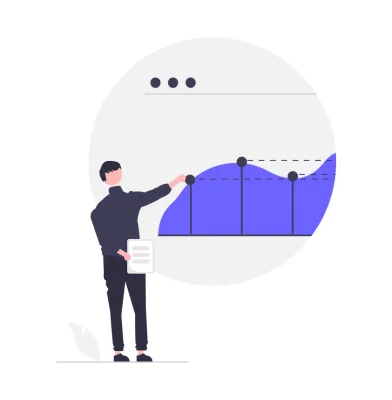
Economics Questions and Answers
Economics questions and answers to help you prepare for JAMB, WAEC, NECO, Post UTME and job aptitude tests or interviews.

Economics questions and answers to help you prepare for JAMB, WAEC, NECO, Post UTME and job aptitude tests or interviews.
The following are economic agents in any economy EXCEPT
Central Bank
House hold
Firm
Government
Correct answer is A
Economic agents are entities that make economic decisions. They include households, firms, and the government. The Central Bank, while an important institution, is not considered an economic agent as it does not make decisions about what, how, and for whom to produce. It is responsible for monetary policy and regulating the financial system.
The term 'investment' in macroeconomics means
Profit
Total amount of money invested in bonds and stocks
The total amount of capital goods in the country
The production of goods for immediate consumption
Correct answer is D
Investment is an activity of spending resources on creating assets that can generate income over a long period of time. It is flow of expenditures developed to projects producing goods which are intended for immediate consumption.
If commodities X and Y are substitute, their cross elasticity of demand will be
One
positive
Negative
Zero
Correct answer is B
Cross elasticity of demand measures the responsiveness of the quantity demanded of one good to a change in the price of another good. If two goods are substitutes, an increase in the price of one will lead to an increase in demand for the other, and vice versa. Therefore, the cross elasticity of demand for substitutes is positive.
Which of the following is an example of expansionary monetary policy by the Central Bank of Nigeria?
Lowering income taxes
Increasing the discount rate
Increasing the reserve ratio
Buying Treasury securities from commercial banks
Correct answer is D
Expansionary monetary policy is used to increase the money supply in an economy. When the Central bank buys securities, it aims to expand the volume of money in circulation and where there is too much money in circulation, the CBN will sell securities.
The demand for money will fall if
People expect deflation soon
Real GDP rises
Real interest rates rise
The GDP deflator rises
Correct answer is C
If GDP falls, then people demand less money for transactions. As interest rate rise (fall), the demand for money will fall(rise).